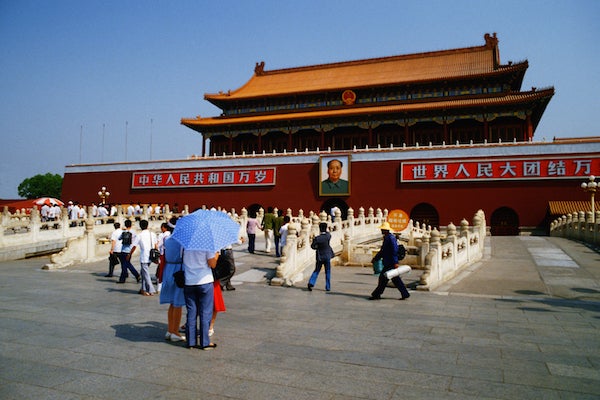This article was published in Scientific American’s former blog network and reflects the views of the author, not necessarily those of Scientific American
In a recent lead editorial in The Economist,the future of climate change abatement was set against the backdrop of the election of Donald Trump. The tone of the editorial switched from alarmist to cautiously hopeful, concluding that progress on climate change can take place despite the electoral outcome, partly due to local air pollution being a strong driver in its own right.
In fact, in places with very high levels of air pollution such as India and China, it can be so bad that Beijing’s local air pollution is equal to smoking 40 cigarettes a day, The Economist boldly proclaims. The issue? It is not true (it is undoubtedly bad, but it might in reality be equal to as little as 1/6 of a cigarette, but even that is also hard to determine), and worse, it was debunked just one year ago (2015 article by The Economisthere; other site debunking the claim here).

Much clearer than a "40-cigarette day" in Beijing. Credit: Corbis
On supporting science journalism
If you're enjoying this article, consider supporting our award-winning journalism by subscribing. By purchasing a subscription you are helping to ensure the future of impactful stories about the discoveries and ideas shaping our world today.
In the wake of America’s “fake news election”, where fake news outperformed real news, it is overdue that we all make the not-too-arduous effort to take it one step beyond that first click. Facebook is not alone in disseminating lies, even a venerable magazine like The Economist is not immune to repeating falsehoods, as previously discussed here.
An obvious remedy here is to write a letter to the editor (which I have, and so should you), but given that this is a repeat error, it raises a bigger question: what else can one do in a post-factual and warming world?
First, for a nice primer on how to spot fake news, have a look here. Second, and generally speaking, we need to take more responsibility and be more circumspect when reading and spreading news. If not, facts will matter less, and only if we return due importance to facts will they begin to matter. If not, we can go back to entertaining moon-landing conspiracies.